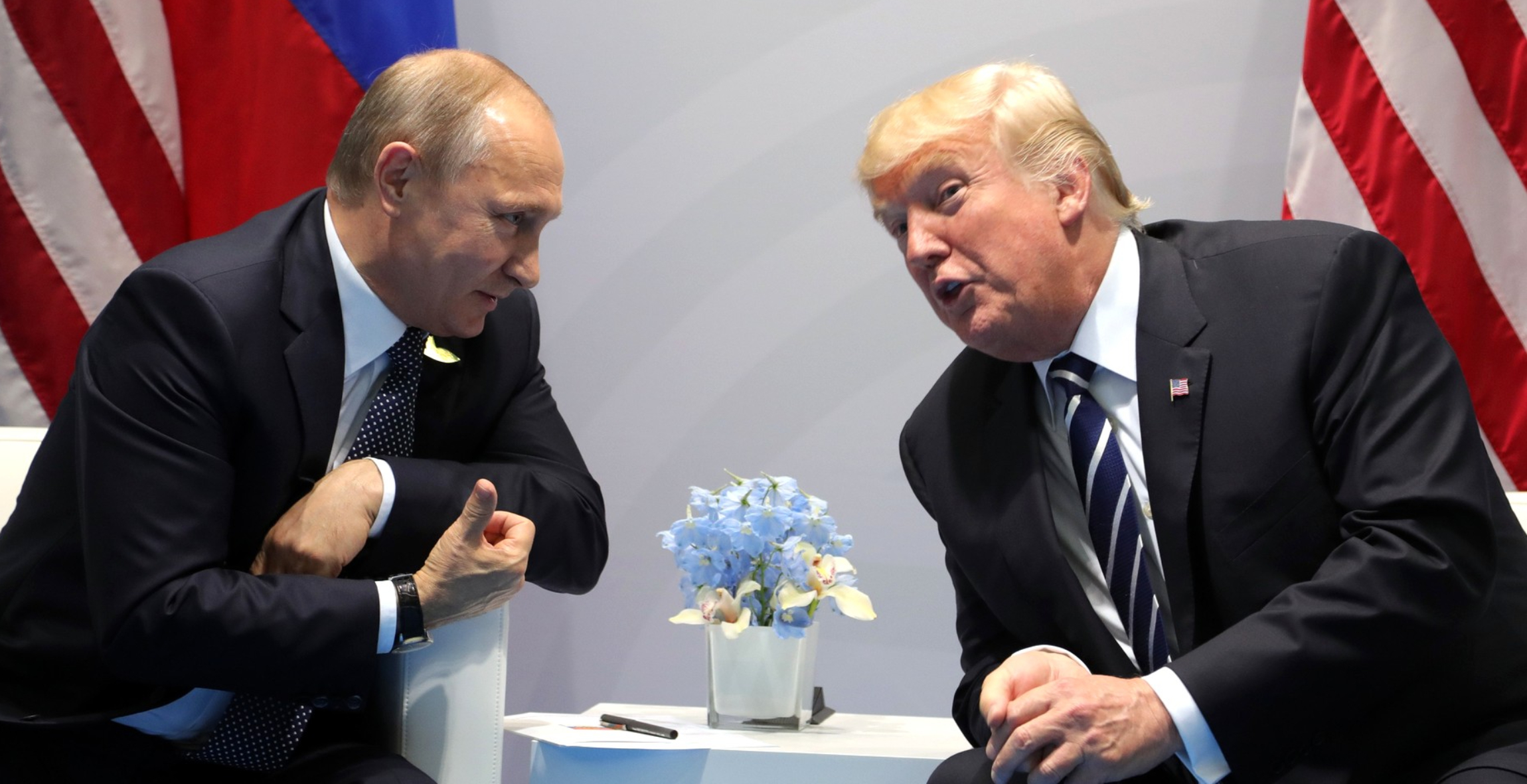The virtual seminar will be held from 12:30 to 2:00 p.m. (E.T.)
Nuclear deterrence theory typically assumes nuclear-armed states act on the basis of decisions by rational individual and institutional actors. This effectively discounts the role of the psychology and emotion of actual human decision-makers and the biases inherent in human behavior especially in a crisis. There is however abundant evidence of personalistic leaders in nuclear-armed states, characterized by a propensity to be aggressive and reckless, easier to antagonize, inclined to narcissism and paranoia, less sensitive to cost, and dismissive of national elites and publics, and of the international community. This talk explores how psychological and emotional reactions influence the assessments of risk by such personalistic leaders and may shape a state’s nuclear strategy and the use of nuclear threats.
About the speaker: Rose McDermott is David and Mariana Fisher University Professor of International Relations at Brown University. She has held fellowships at Harvard University, and at the Stanford Center for Advanced Studies in the Behavioral Sciences. She works in the areas of political psychology. She is co-author of the articles “The Psychology of Nuclear Brinkmanship” and “Putin and the psychology of nuclear brinksmanship”.
